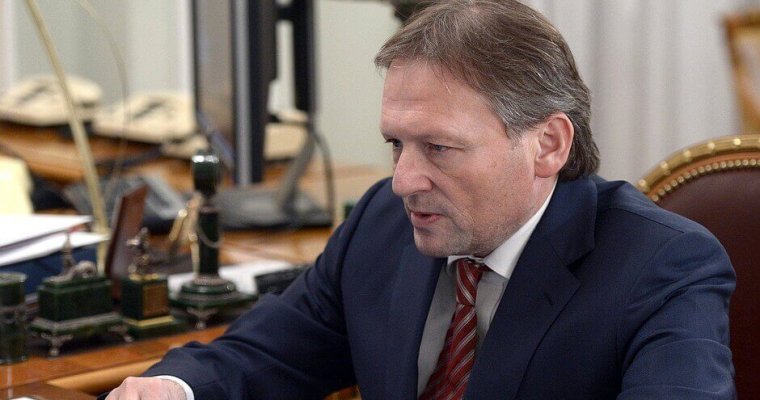
Russian presidential candidate Boris Titov is the latest individual to weigh-in on the draft law proposed by Russia’s finance ministry to regulate cryptocurrencies, as he believes the requirements outlined are excessively strict.
Taking a very controversial position, Titov believes the regulatory requirements on cryptocurrency and blockchain related items are being put into place due to the ways in which they could possibly disrupt governmental powers.
“Blockchain allows people, entrepreneurs, and the technological community to control officials, which they do not like, of course.”
Back on Friday, Russia’s Finance Ministry released a draft bill looking to both classify items in the cryptocurrency space, and add regulation to previously gray areas including initial coin offerings (ICO), mining, and trading.
In the draft law, items related to the cryptocurrency space gain legal definitions including but not limited to tokens, smart contracts, and mining. The law defines cryptocurrency as a ‘digital financial asset,’ while defining tokens in a similar class, but issued by ‘a legal entity’ or ‘individual entrepreneur.’
The bill also requires trading to be conducted on licensed exchanges, and non-qualified investors will be limited in the ways in which they can contribute to ICOs. Mining will require registering with the government either through a company or as self-employed, as it will be treated as a form of entrepreneurial activity.
The law was drafted in order to bring mainstream acceptance of cryptocurrencies into Russia, while ensuring they stay within already-established legal boundaries. Prior to this, the Russian government hasn’t been too keen on cryptocurrencies, with the Russian central bank calling Bitcoin “quasi-money” back in 2014.
However, just a few months ago, Russian president Vladimir Putin decided that it was finally time to officially regulate the space, and potentially introduce a state-issued cryptocurrency. It was inevitable that a draft law of this size and scope was to enter the Russian legal sphere.
Titov, however, feels as though these regulatory constraints are too tough, as they’re vastly stricter than what other nations such as Japan or Belarus have enacted. To Titov, “It would be better not to adopt anything than to adopt such legislation.”